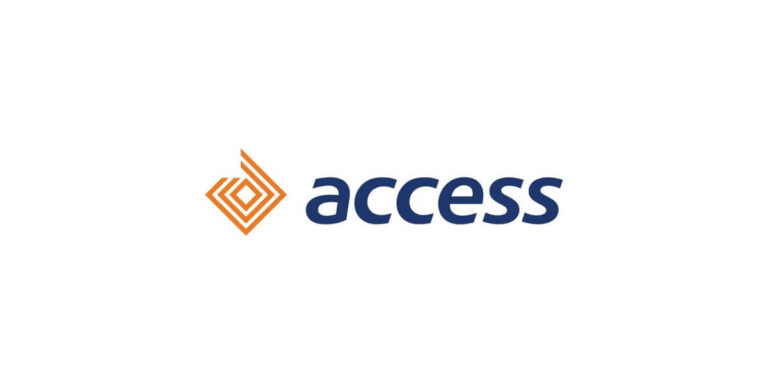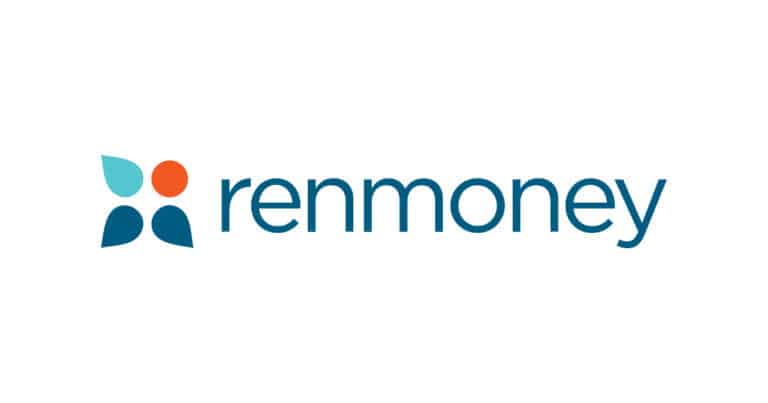Business Plan: Meaning and Its Importance
A business plan is an essential document in the world of business creation, especially for startups. To understand the power of a business plan you need to know what it is and how valuable it is plus. In addition, one must know what it entails and be able to spot the difference between it and other similar documents.
Going through this post, you will learn about what a business plan is, its importance, its content, and how it is different from a feasibility study and business proposal. This information will help you get started in creating your business plan for your business.
Advertisement
Also, check out Investing in Treasury Bills.
What is a Business Plan?
A business plan is a document that outlines the overall strategy and goals for a proposed business venture. It typically includes information on the market and industry, the company’s products and services, financial projections, and management structure.
Importance of Business Plan
You need a business plan for your business whether it is a startup or any business venture. It is important to have a business plan for the following reasons.
Advertisement
Set Priorities
It will be productive for you and your business if you create a business plan at the beginning of the business. You will recognize what resources you have, those that you need, and how you can get them.
In addition, you understand the high-priority goals that can drive your business growth positively. With this, there will be no time wasted on minimal and unproductive tasks, goals, and resources.
Seek funding from investors
It is a common situation for investors to ask for your business plan when you seek funding from them. They do this to get an overview of the business and ascertain the seriousness and viability of the business.
You will come across as an unserious and unproductive business owner if you do not have a business plan or if the one you present is not comprehensive enough.
Document Business Strategy
One of the essential benefits of a business plan is that you have the opportunity to document your business strategies. All the ideas that you have developed to strategies to promote, maintain, and sustain your business will be in the business plan.
Assist in decision-making
The business plan touches all round aspects of the business: marketing, recruitment, staff management, input, output, finance, and many more. The efforts you make in touching every aspect of the business arm you with the information to make vital decisions concerning the business.
Identify potential risks and problems
Research is a big part of creating a business plan. The activity proves to be an indicator to pinpoint the area of weakness, risks, and problems that can affect the business. Therefore, the business owner(s) can make adjustments or cushion plans because they have gone through the process of creating a business plan.
Information and Communication Tool
A business plan serves the purpose of communicating the business ideas, values, mission, and goals to anyone that takes interest in the business or whoever you want to share them with.
Contents of a Business Plan
If you want to write a business plan, you must know the core elements that you need to put in your business plan. Without these core elements, your business plan is short of the conventional standards and will not fulfill its purpose.
- Executive Summary: A brief overview of your company, including its mission statement, products or services, and target market.
- Company Description: A detailed description of your company, including its legal structure, history, and any relevant information about its management team.
- Industry Analysis: An analysis of the industry in which your company operates, including market size, growth rate, major players, and trends.
- Market Analysis: An analysis of your target market, including demographics, needs, and buying habits.
- Service or Product Line: A description of the products or services your company offers, including unique features and benefits.
- Marketing and Sales: A description of your marketing and sales strategy, including how you plan to reach your target market and generate sales.
- Operations: A description of your company’s operations, including details about manufacturing, logistics, and supply chain management.
- Financial Projections: Financial projections for your company, including projected income statements, balance sheets, and cash flow statements.
- Appendices: Additional information, such as resumes of key management, market research, and industry associations, that support the information in your business plan.
It’s important to note that a well-written business plan should be tailored to the specific needs and goals of your company, and should be reviewed and updated regularly. Additionally, it should be clear, concise, and easy to understand for the intended audience.
Business Plan VS Feasibility Studies
At the beginning of the post, I explained what a business plan is, therefore there is no need to go back to explain it. However, a feasibility study, on the other hand, is an analysis of the potential of a proposed project or business venture.
It evaluates the technical, financial, and economic feasibility of the project, and assesses the potential risks and benefits. Feasibility studies are often conducted as a preliminary step before a business plan is created, to determine whether the proposed venture is viable.
Also, check out The Richest Banks in Nigeria.
The contrasting differences between a feasibility study and a business plan include the following:
Goal
A business plan’s primary goal is to lay out the strategy and objectives for a proposed business venture, whereas a feasibility study’s primary goal is to ascertain whether a proposed project or business endeavor is viable.
Scope
A feasibility study usually focuses on whether a proposed project or business venture is technically, financially, and economically feasible. The material in a business plan, on the other hand, is more detailed and includes details on the market and industry, the company’s goods and services, financial projections, and management structure.
Depth of Examination
Compared to a business plan, a feasibility study is more thorough. It frequently includes a thorough analysis of the potential risks and advantages of the proposed project. A business plan, on the other hand, is more general and high-level.
Audience
Feasibility studies are usually meant to be read by the investors, management, or stakeholders of a proposed business venture, while business plans are intended for a wider audience, including potential investors, lenders, and partners.
Timing
Feasibility studies are usually conducted before a business plan is created, to determine whether the proposed venture is viable. Business plans, on the other hand, are created after a feasibility study has been conducted and the project or venture has been deemed viable.
From the explanation above, a feasibility study is an analysis evaluating the potential of the business venture before proceeding with the plan. It precedes the creation of a business plan.
Business Plan VS Proposal Letter
To help solve the confusion between the two documents – the business plan and proposal letter. Let us look at the following differences between them. First, let us talk about what a business proposal is to get an overview of it.
The purpose of a business proposal is to gain new business or to obtain finance for a particular project or effort. A proposal highlights the advantages, disadvantages, and specifics of a potential solution to a problem or opportunity.
Typically, a proposal is made in response to a particular request, like a Request for Proposal (RFP) or Request for Quotation (RFQ) (RFQ).
Now, to the difference which we will mention below.
Purpose
An organization’s broad strategy is described in a business plan, but a proposal letter is often used to request a specific action or support.
Audience
While a proposal letter may be addressed to clients or other external stakeholders, a business plan is frequently written with investors or business partners in mind.
Length
A proposal letter is normally shorter and more concentrated than a business plan, which is typically a longer document.
Format
While proposal letters may be more focused on convincing the reader to take a particular action, business plans sometimes include financial estimates and other precise information.
Result
A proposal letter seeks to secure a specific contract or agreement, whereas a business plan seeks to raise money and support a company.
Final Notes on Business Plan: Meaning and Its Importance
There is no way you want to start your business and you will not need a business plan. It is one of the core documents in starting and building a business. It is a comprehensive document that contains a lot of information about the different aspects of your business.
The importance is beneficial and therefore you must understand what it is and how you can identify the core elements that make a good one.
Before you go, check out All You Need to Know about Exchange Rates.






